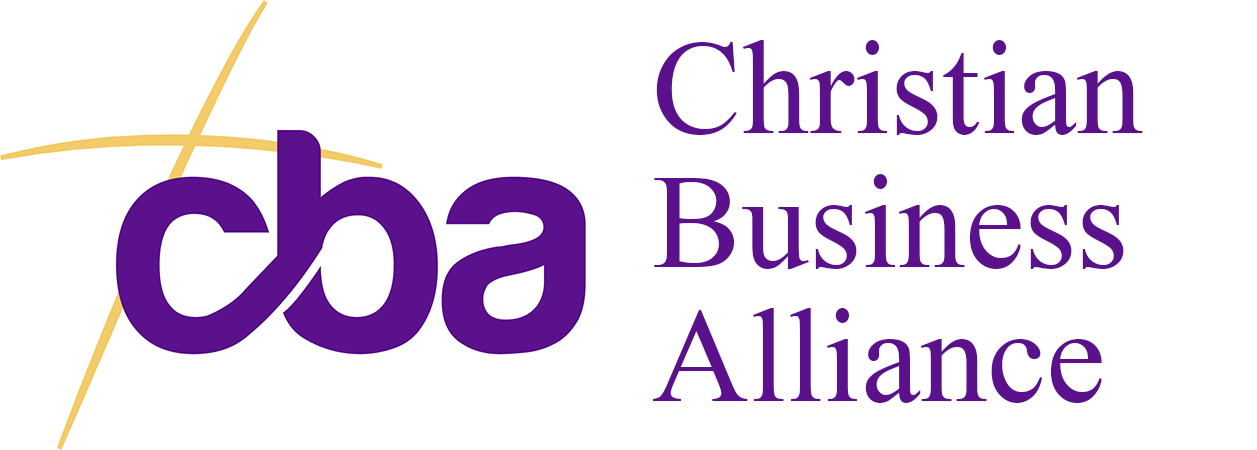Financial stewardship
At the Christian Business Alliance, we firmly believe in upholding the principles of fiscal responsibility and transparency in all our financial practices. As a community of Christian entrepreneurs and professionals, we recognize the importance of stewardship and accountability in managing the resources entrusted to us. Our commitment to these values is not only a testament to our faith but also essential for building trust and credibility within our organization and the wider community.
- Stewardship: We acknowledge that all resources, financial and otherwise, are gifts from God. We commit to use these resources responsibly, with the utmost care, and in a manner that aligns with our values and mission.
- Accountability: We shall establish clear lines of accountability within our organization, ensuring that all financial decisions and transactions are subject to scrutiny. This includes appointing a responsible board of directors or finance committee to oversee financial matters.
- Compliance: We shall comply with all relevant laws, regulations, and accounting standards that govern financial reporting and disclosure. This includes proper taxation, adherence to financial reporting guidelines, and compliance with all legal obligations.
- Transparent Reporting: We pledge to provide accurate, timely, and comprehensive financial reports to our members, donors, and stakeholders. Transparent reporting is vital to fostering trust and allowing our supporters to understand how their contributions are being utilized.
- Donor Privacy: We respect the privacy of our donors and commit to keeping their personal and financial information confidential. We will not share, sell, or exchange donor information with any third parties without explicit consent.
- Avoiding Conflicts of Interest: We will take all necessary steps to identify and address potential conflicts of interest among our leadership and ensure that they do not compromise the integrity of our financial decision-making process.
- Resource Allocation: We will make thoughtful and prayerful decisions about resource allocation, ensuring that funds are used efficiently and effectively to advance our mission and positively impact the communities we serve.
- Audit and Review: Regular financial audits or reviews will be conducted by independent third-party professionals to ensure compliance, accuracy, and identify areas for improvement.
- Budgeting: We will develop and adhere to transparent budgets that align with our strategic objectives. These budgets will guide our financial decisions and help us manage our resources responsibly.
- Continuous Improvement: We will continually assess and improve our financial management practices to adapt to changing circumstances and evolving best practices.
By adhering to these principles of fiscal responsibility and transparency, the Christian Business Alliance aims to be a model of integrity and accountability. We strive to honor God through our financial stewardship and remain committed to making a positive difference in the world, both ethically and financially.
FINANCIAL FLOW
The Christian Business Alliance is on a mission to expand funding for churches, charities, missions, and missionaries. To achieve that goal, we have created a unique financial model where 50% of all donations and membership revenue flow directly through the chapter to fund missions, ministry and evangelism efforts provided by our Chapter Leaders as well as our church and charitable partners.
As a chapter of the Christian Business Alliance, allocating finances for missions, ministry, and evangelism efforts requires thoughtful consideration, transparency, and accountability. To ensure that funds are distributed wisely and align with the chapter's mission and values, follow these steps:
- Establish a Finance Committee: Create a finance committee comprising members who have a strong understanding of financial management and possess a heart for the mission of the Christian Business Alliance. This committee will be responsible for overseeing the allocation of funds and ensuring financial transparency.
- Develop a Budget: Work with the finance committee, chapter leaders, and stakeholders to create a comprehensive budget for the upcoming period. The budget should clearly outline projected income, including donations and any other revenue streams, as well as projected expenses for missions, ministry, and evangelism efforts.
- Set Priorities and Objectives: Identify the key priorities and objectives for the chapter's missions, ministry, and evangelism efforts. Consider the needs of both local and global communities, as well as the impact each initiative will have on spreading the Gospel and serving those in need.
- Allocate Funds Proportionally: Allocate funds proportionally based on the priorities and objectives set in the budget. Consider the significance and urgency of each initiative when determining the distribution of resources.
- Consider Chapter Leaders' Proposals: Encourage chapter leaders to submit proposals for specific missions, ministry, and evangelism efforts that they believe align with the chapter's vision. Review these proposals during finance committee meetings and allocate funds accordingly, considering the potential impact and effectiveness of each initiative.
- Support Church and Charitable Partners: As part of the Christian Business Alliance's commitment to partnership, set aside a portion of the budget to support the missions, ministry, and evangelism efforts of church and charitable partners. This collaboration will foster a strong network of support and amplify the impact of collective efforts.
- Financial Transparency: Ensure complete transparency in all financial matters. Regularly report on the allocation and utilization of funds to the chapter members and stakeholders. This can be done through financial statements, reports, or presentations during chapter meetings.
- Regular Review and Evaluation: Conduct regular reviews and evaluations of the missions, ministry, and evangelism efforts funded by the chapter. Assess the impact and effectiveness of each initiative and make necessary adjustments to the budget allocation based on the outcomes and changing needs.
- Seek Guidance in Prayer: Above all, seek God's guidance through prayer during the decision-making process. Dedicate time in chapter meetings to pray for discernment and wisdom in allocating finances to the missions, ministry, and evangelism efforts that will most effectively advance the Kingdom of God.
By following these instructions, each Christian Business Alliance chapter helps ensure that its financial resources are distributed in a manner that maximizes impact and fulfills the organization's mission to serve, support, and spread the Gospel to everyone everywhere.
info@theCBA.org Phoenix | AZ |
